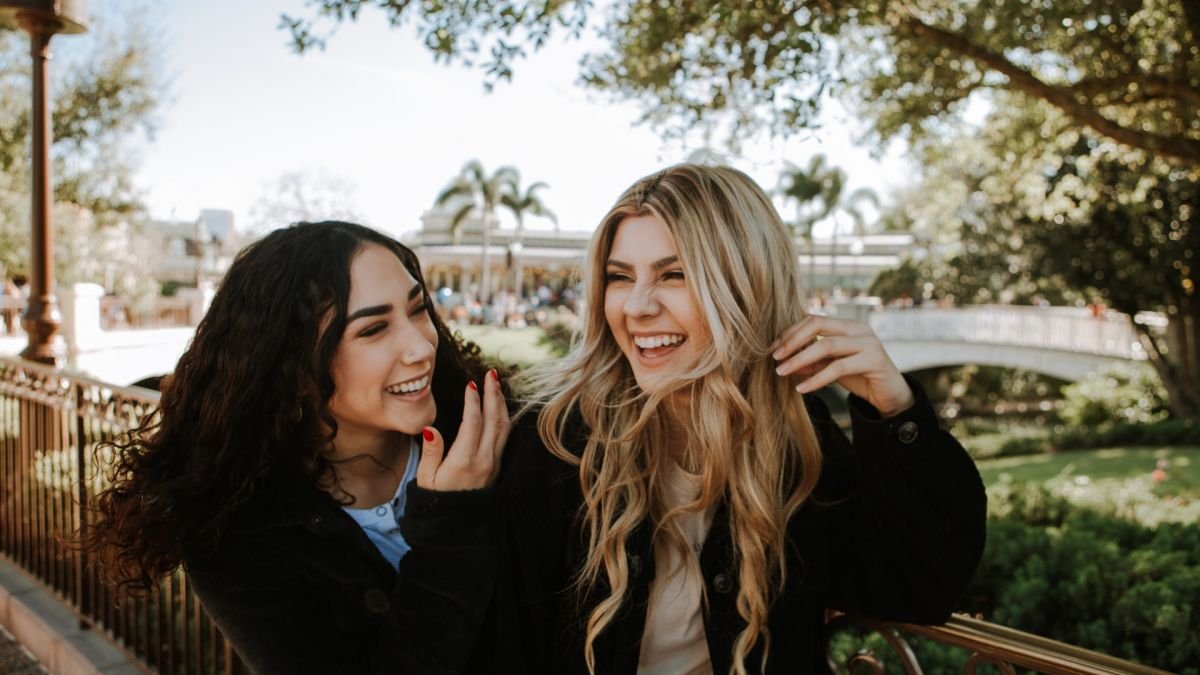Finding out what a friend is doing may require balancing your interest with your friend’s right to privacy. Although it is not advisable to use drastic methods, careful observation, and thorough research can produce interesting clues. Remember that these are only suggestions, not guarantees and that misunderstandings can lead to mistrust. Thus, proceed with caution, prioritize honest communication, and allow sincere concern to drive your quest.
Verbal and Non-Verbal Ways:
If you notice that a friend’s behavior is taking an unexpected turn, it may be worth paying attention to the changing dynamics. The tone of their conversations may vary—avoiding certain topics, offering vague explanations, or contradicting their stories. Watch their body language; Irritability, avoidance of eye contact, or unusual silence may indicate discomfort or hidden truths. Additionally, if your friend starts to pull a missing line, disappear without explanation or leave unaccounted-for gaps in their schedule, it could be a sign that they’re missing something from you. Is. Open communication and genuine concern can be the key to understanding and helping them in such situations.
The Digital Ways:
If you’re concerned about your friend’s potential involvement in hidden activities, observing their online behavior is a wise approach. Pay attention to shifts such as late-night online activity, sudden absences from the usual platform, or an increase in cryptic posts. Investigate the presence of anonymous social media profiles or involvement in secret online communities related to their interests. While privacy is important, obtaining consent for location-tracking apps can reveal unusual movement patterns. Frequent visits to unknown places or late-night visits to deserted areas can provide interesting clues about their unknown activities.
Financial Ways:
Stay alert for potential signs of hidden activity by keeping an eye on your friend’s financial behavior. Watch for sudden changes in their financial situation, such as unexplained cash inflows, frequent ATM visits, or increased online transactions, especially on unfamiliar websites. If your friend avoids discussing their bank statements or is unusually cautious about finances, this could indicate secret spending habits or unknown sources of income. These subtle financial signals can offer insight into aspects of their lives that they may not be sharing openly.
Communication Ways:
Be attuned to changes in your friend’s communication habits as possible indicators of hidden activity. If they’ve started replying to messages with uncharacteristic delays, left texts unread for long periods, or if there’s been a sudden shift to encrypted messaging platforms, it’s increased privacy or confidentiality. Can indicate desire. Also, pay attention to their language. If you notice that they use unexpected nicknames or cryptic terms in certain circles, this may suggest the presence of an inside language or code that is understood by only a few. Changes in communication style and adoption of coded language can be subtle but can reveal clues when trying to uncover potential hidden activities.
Observation:
Doubt a friend? Don’t dismiss that inner murmur. Perhaps your subconscious is nudging you in the direction of reality. But wait! Avoid being a spy. See if things start to come together as you get the jigsaw pieces and talk with other friends. When your intuition and available data are saying the same thing, it’s time to pay more attention to what’s going on. Remember that trust is essential, so proceed with caution and prioritize understanding over mistrust.
Things you need to remember!
In navigating the delicate terrain of uncovering potential hidden activity, a foundation of open communication should be the first step. Instead of jumping into an undercover investigation, be honest with your friend about your concerns. Give them a space to share their perspective and listen without judgment. Trust is the foundation of any friendship, and open communication can strengthen it. Ethical boundaries must be established in the pursuit of truth. Resorting to tactics such as hacking, illegal surveillance, or exploiting confidential information is not only damaging to trust but also has legal consequences. It is important to maintain respect for your friend’s privacy, even if there are doubts.
Approach the situation with genuine concern for your friend’s well-being rather than a desire to control or invade your friend’s privacy. Acknowledging that everyone has challenges and may need help, offer support and understanding. Your role is not that of an investigator but that of a friend concerned with their well-being. Disclosure of covert activities should be a last resort, reserved for situations where open communication has proven insufficient. When considering this step, make sure it is done with compassion and a commitment to protecting the friendship. Compassion and genuine concern should guide your actions, not a rush to judgment.
So, remember, the best results often come from trust and understanding, not from wallowing in doubt. The framework provided is customizable, allowing for personalization based on specific instances or areas relevant to your friend’s situation. Be observant, analytical, and above all, ethical in your approach. Curiosity can catalyze deeper understanding, but it should not be an excuse for intrusion. Always prioritize protecting your friendship above all else. Your actions reflect a genuine desire to support your friend, even if it means having challenging conversations with each other.



